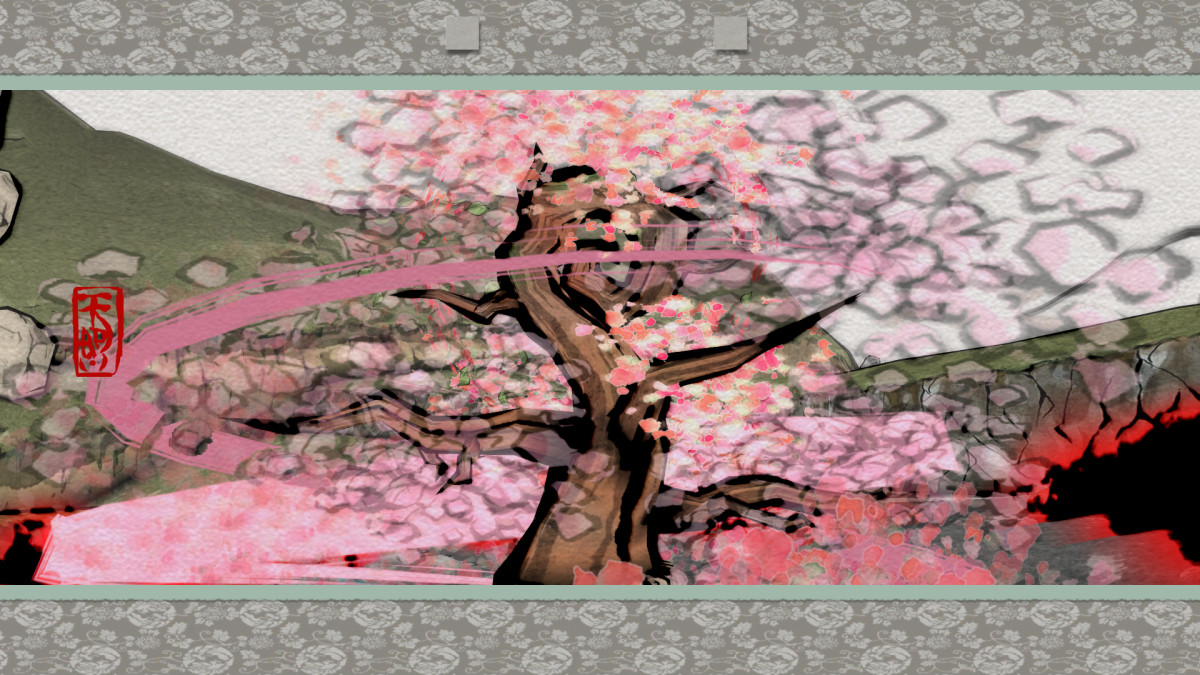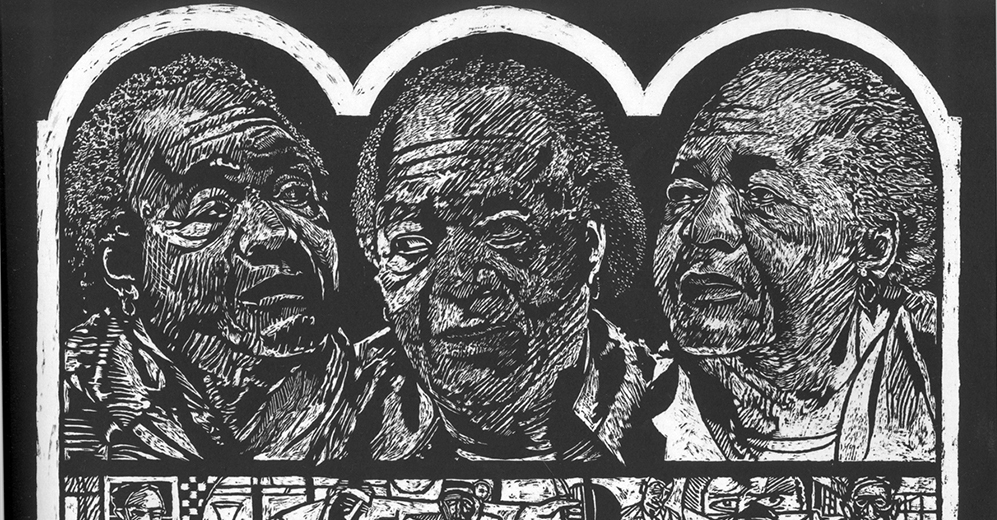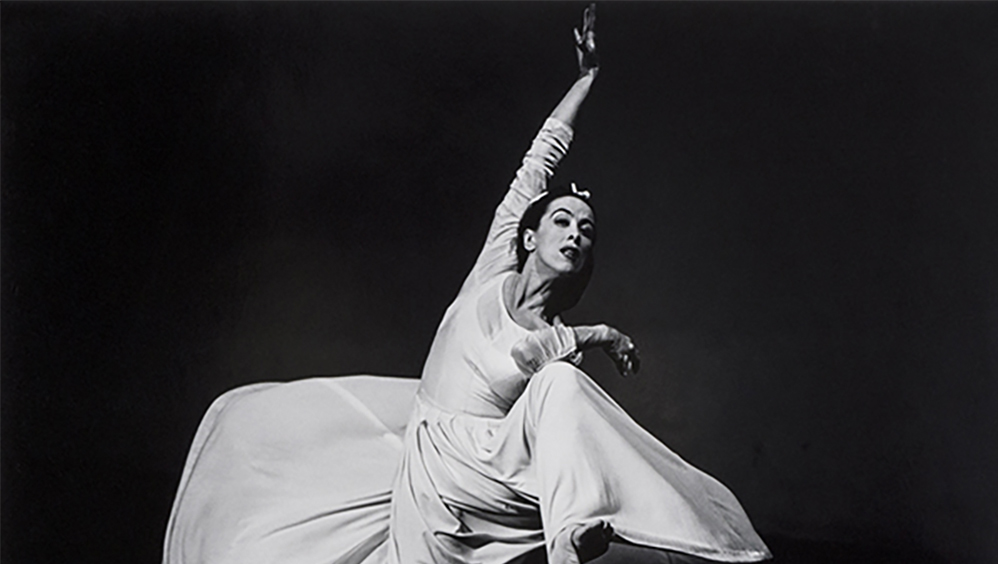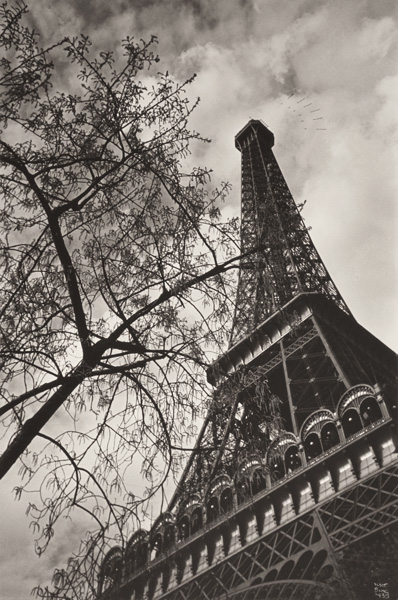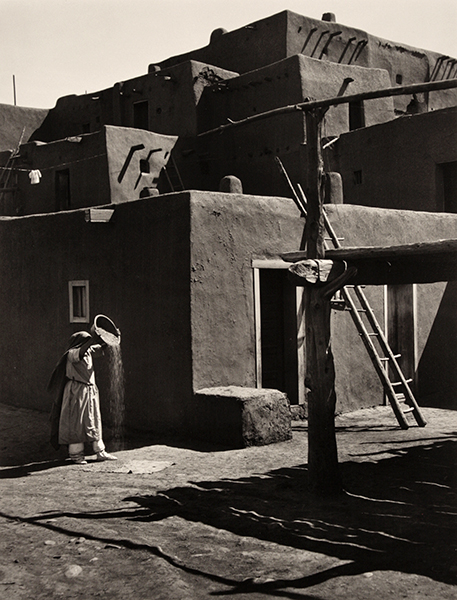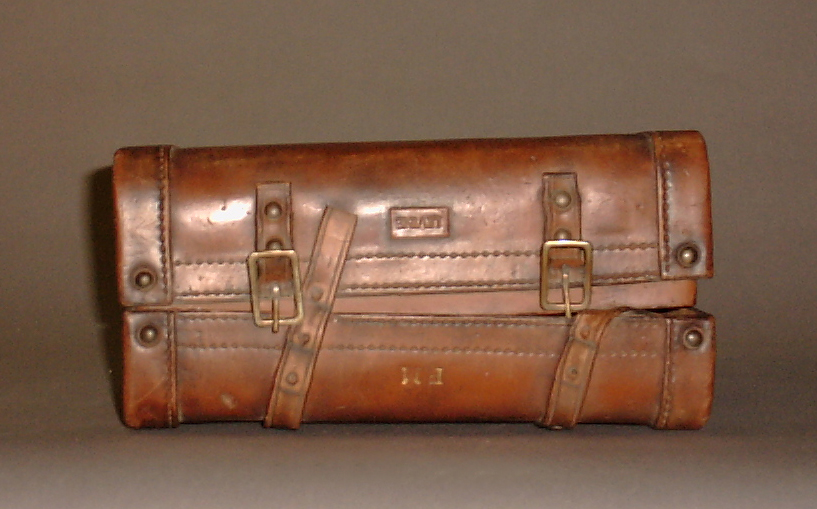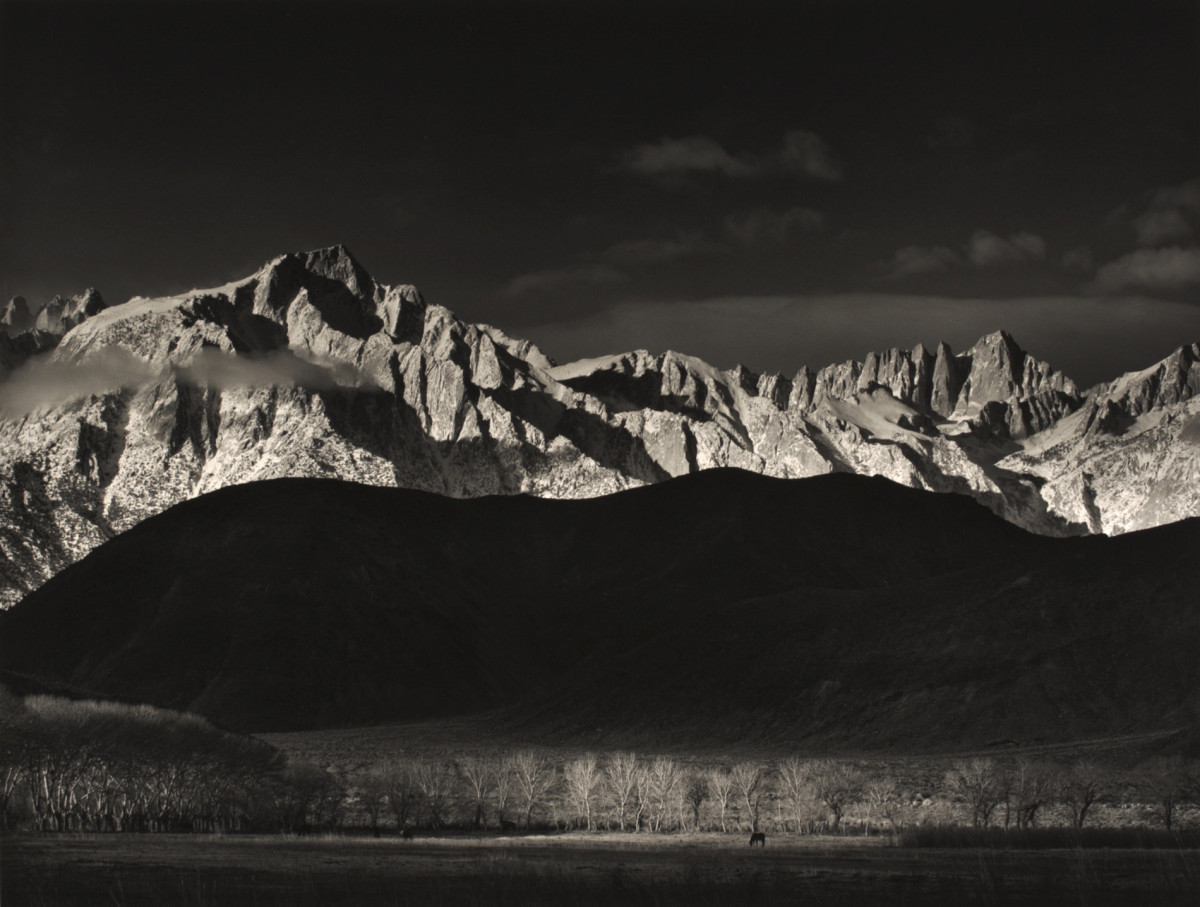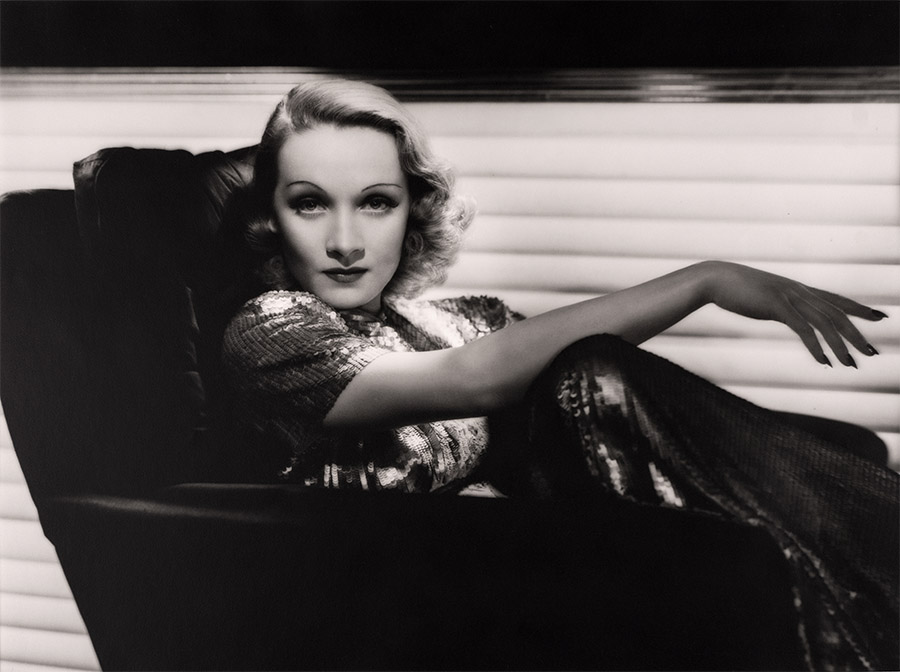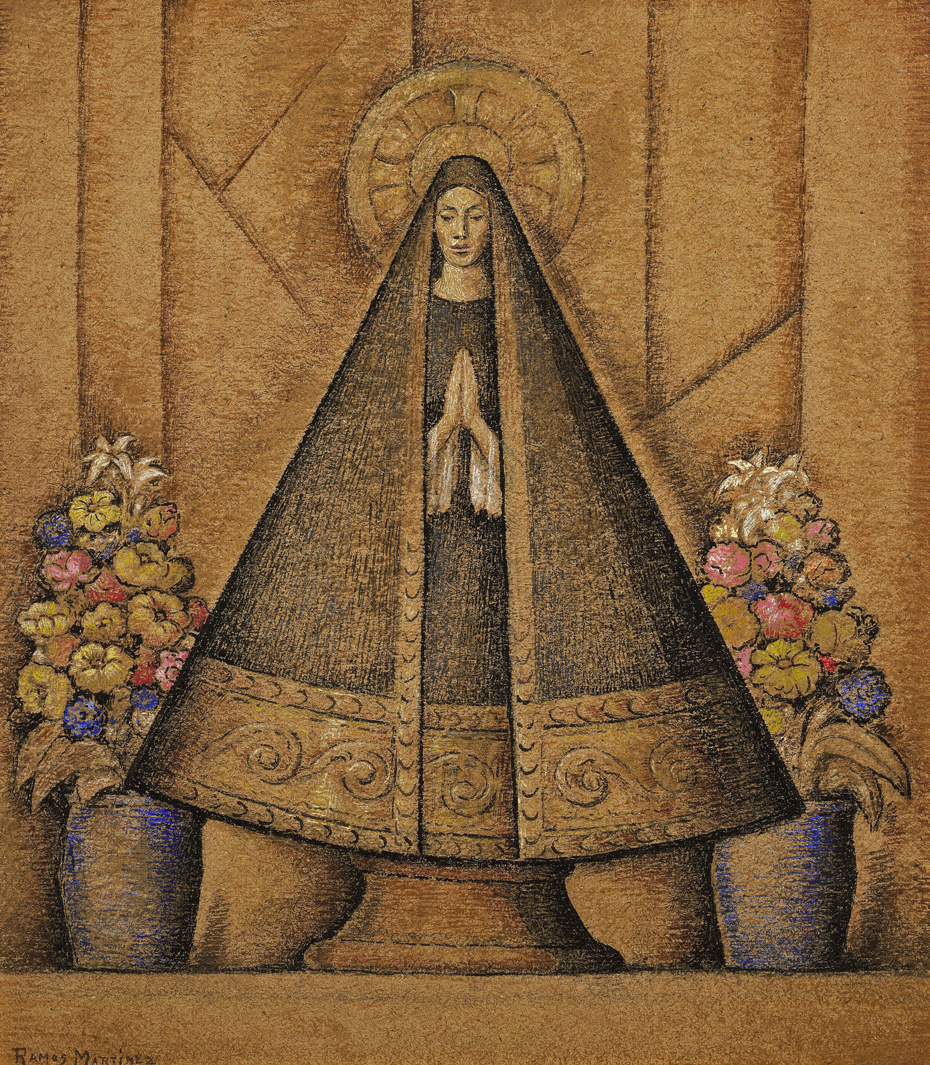Essays on Artists & Acquisitions (page 4)
The Floating World of Video Games
Ukiyo-e and video games both went through a similar artistic evolution. Like ukiyo-e, video games have grown in cultural value.
Read MoreArtists in the Collection: John T. Scott
A sort of jack-of-all-trades, the breadth of John T. Scott’s artistic mastery includes drawing, painting, printmaking, and sculpture; his subject matter ranges from self-portraiture to work with important political and social messages.
Read MoreHighlights of the Collection: Letter to the World
Photographer Barbara Morgan translates the brilliance of Martha Graham into a black-and-white image.
Read MoreIlse Bing, the “Queen of Leica”
Ilse Bing’s photograph, Paris, Eiffel Tower with Branches, was taken in 1933 during the midst of her own self-discovery. Bing was born into an upper middle class Jewish family in Germany in 1899. Her family encouraged her academic education as well as her development in the arts and music. She enrolled in University of Frankfurt […]
Read MoreAnsel Adams, “Winnowing Grain”
“Winnowing Grain, Taos Pueblo, New Mexico,” reflects photographer Ansel Adams’ interest in ancient cultures.
Read MoreHighlights of the Collection: Berenice Abbott, Murray Hill Hotel
Murray Hill Hotel’s composition seems indebted to modernist photography of the period.
Read MoreHighlights of the Collection: Marilyn Levine, F.M. Case
Ceramicist Marilyn Levine and stand-up comedian George Carlin both imbued their art with a working class humor.
Read MoreHighlights of the Collection: Ansel Adams, Winter Sunrise
Ansel Adams woke before dawn for five days in order to capture the key moment of sunrise over the Sierra.
Read MoreHighlights of the Collection: Hurrell’s Marlene Dietrich
Hurrell, the master of the glamor shot, worked with Dietrich to create a portrait that incorporates contributions from both.
Read MoreHighlights of the Collection: Martinez, La Virgin de San Juan
Artist Alfredo Ramos Martinez sought a miracle for his daughter, and this work embodies that search.
Read More

